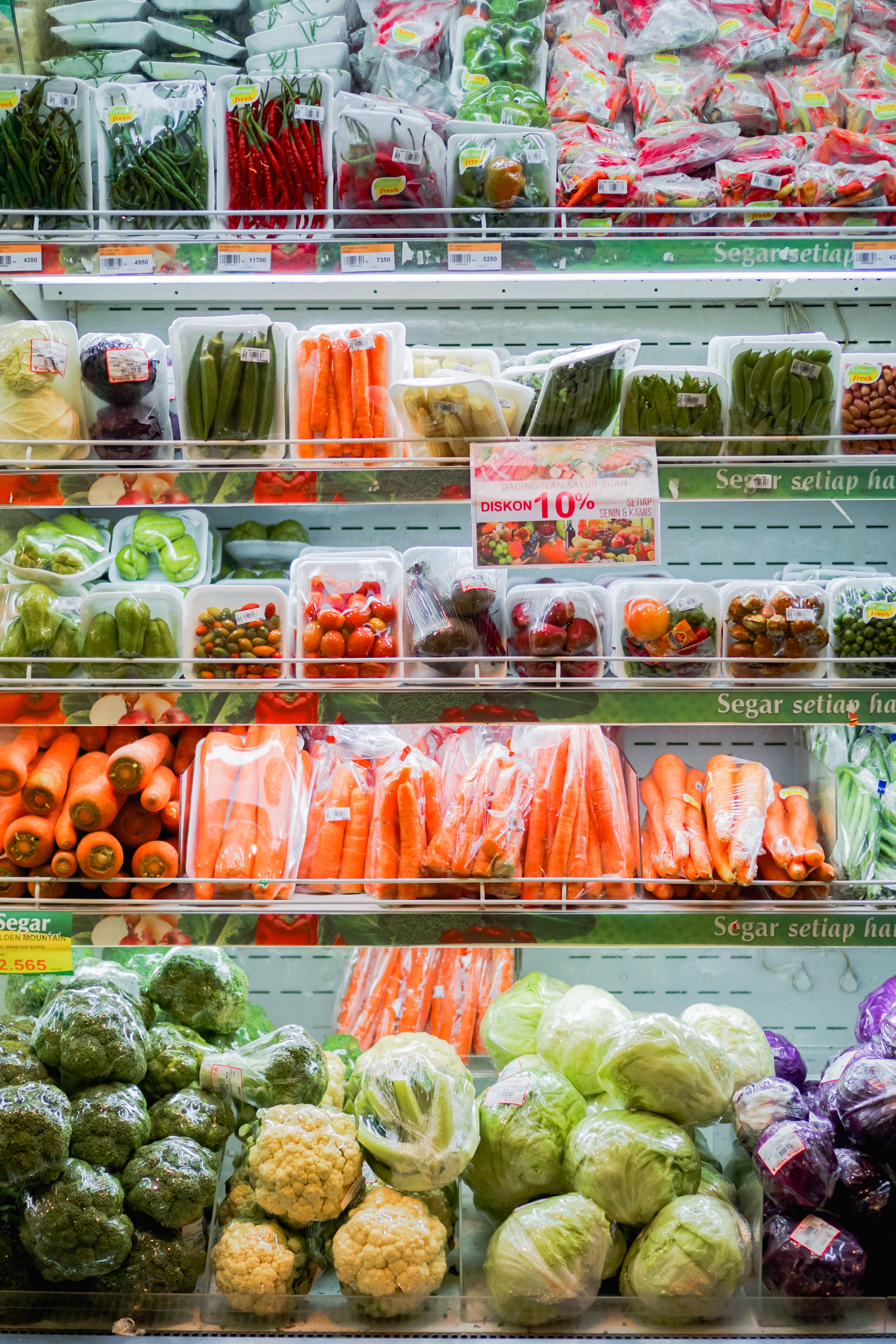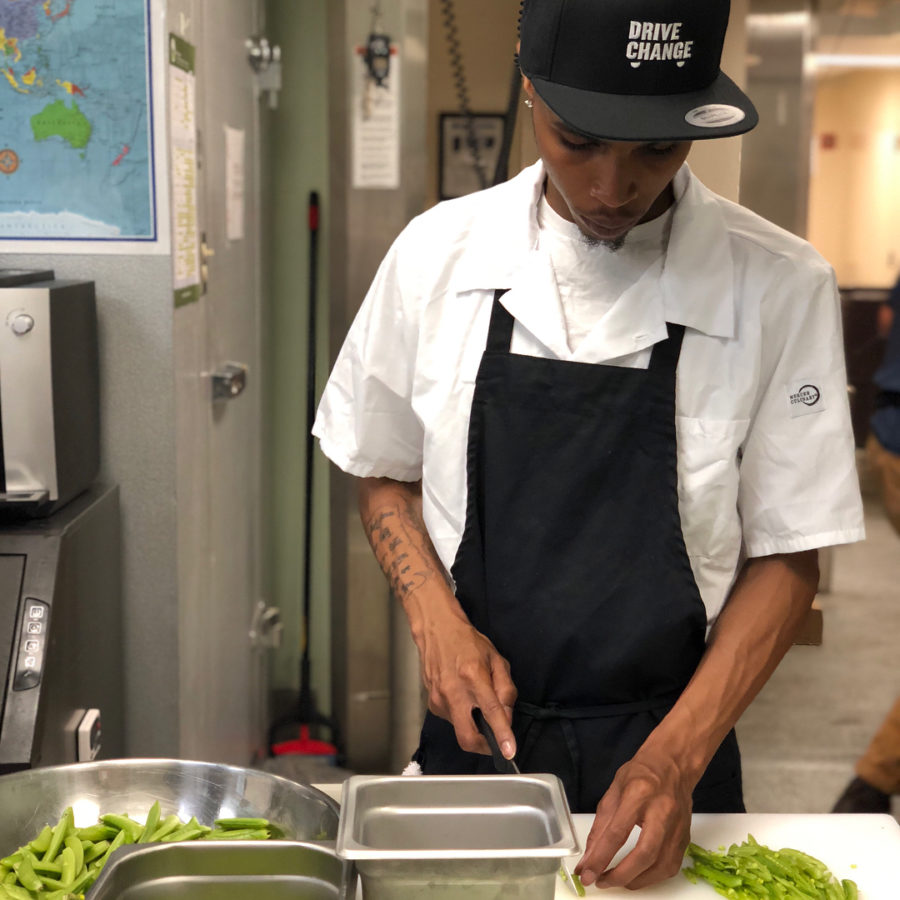Why is it that the hospitality industry is so overwhelming white?
Have we convinced young people of color the only jobs in the industry they’re qualified for are waiter and hostess? Or is it that those with the power to provoke change, keep mid level and above opportunities amongst their own?
Ten years ago, I walked into the Rochester Institute of Technology unsure of what I was really going to make of my life. I was the first in my family to go to college. Still, I recall some of my peers laughing off my degree in hospitality because they perceived that it wasn’t a major anyone could take seriously. There were times I thought the same. I thought, what am I doing here?

I once questioned the importance of my presence in a room full of white faces. If it wasn’t for seeing versions of myself in older classmates, I probably would have gone on to do something else. Something others thought to be more meaningful, more lucrative, something that made “more sense.”
What I didn’t fully understand at the time, is that food transcends time. That’s the thing that has always kept me rooted in my purpose. It’s a catalyst for change, and if used correctly, has the power to make a political statement. Food can shed light how we’re oppressed by what’s available to us based on our geographic location. Look at the neighborhoods labeled as “food deserts,” take a look at who lives there and tell me that the displacement of minorities in United States in not directly impacted by this. In my hometown of New York, a quarter of a million people do not have adequate access to a supermarket in the city.

As I continue to build a community of food lovers through Food Before Love, I get frustrated with the feeling that not much has changed. Food media clings to the token minority when there are plenty of others in the industry. Many of us are consistently doing good work, but are ignored when conversations about diversity and inclusion occur. Instead, the same few faces are picked to serve on panels, or speak at events out of convenience. Am I really in the business of seeing my people making history for the first time ever? Especially in an industry we all give ourselves so selflessly to? Are we really still saying first of this and that when it comes to people of color who have put this work on their backs for so long?
Google people of color in the industry and you’ll see the same recycled faces popping up. Those recognizable faces deserve the credit for their work, but is the industry trying to silence the others doing the same? Is there not room for all of us? I look at professionals like Marquis Hayes of Drive Change and Rabia Kamara of Ruby Scoops, who’s giving them their flowers?

I started Food Before Love six years ago because I turned on my television and there were only two people of color on Food TV. I couldn’t even relate to them. Who can I look to now that they’re gone? A sprinkle of melanin on daytime television?
Companies say they want diversity, but it’s all fluff. A few new faces are recognized to distract us, even keep us quiet for a while. Perhaps if these same platforms took more time to consistently amplify our voices, that could be a start for change. Instead, we’re left to create the platforms by ourselves for one another. And even then, where are our allies to uplift such platforms to new heights? Are we just going in circles?
I’m aware that change doesn’t happen overnight. I simply ask you this: What are you doing to redefine the face of food? What have you asked your peers and your very own support system to do? We deserve to be in the room that has been dominated by white people for so long. Are you speaking up? Will you start to listen? If food is a labor of love and about community, we have to ask ourselves, what community is this industry serving?

